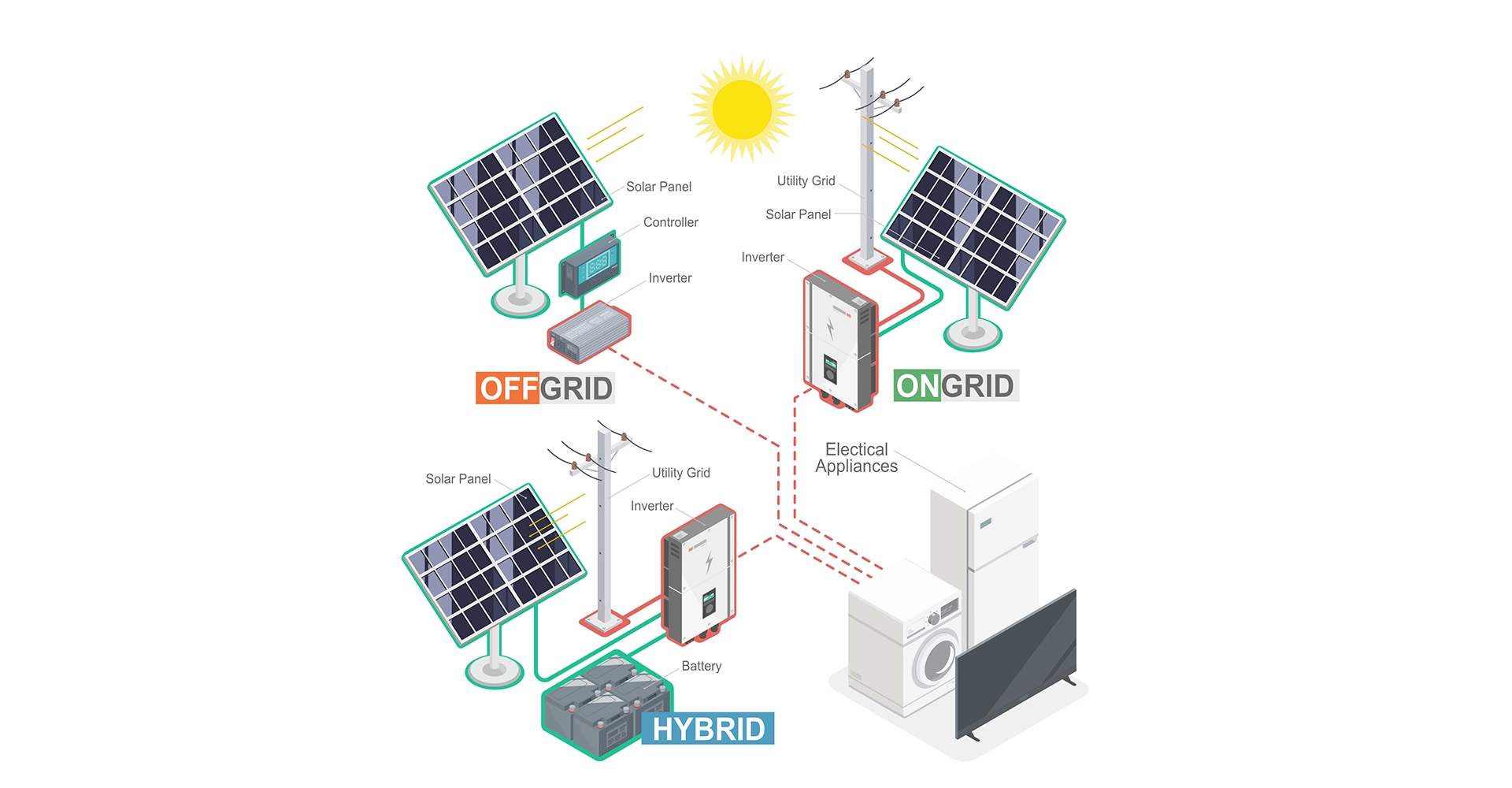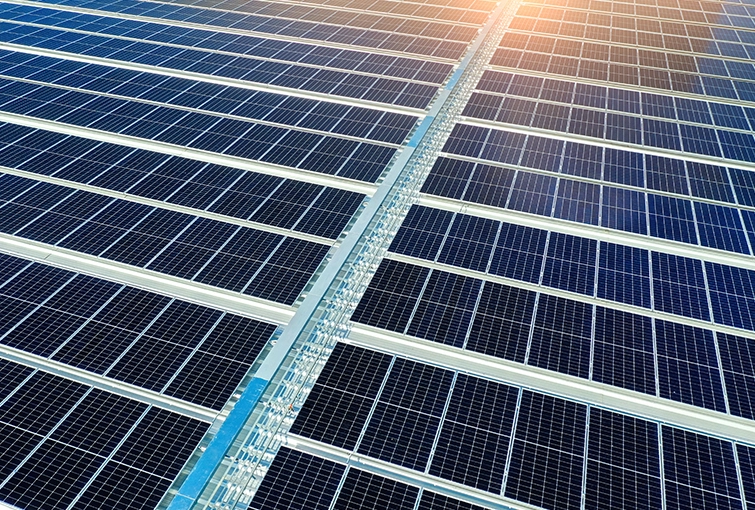En
A solar panel is a device that directly or indirectly converts solar radiation energy into electrical energy through the photoelectric effect or photochemical effect by absorbing sunlight. The main material of most solar panels is "silicon". Solar cells are green products that are more energy-efficient and environmentally friendly. The main material of solar panels is crystalline silicon material, including polycrystalline silicon and single crystal silicon. Due to the development of technology, flexible solar panel is popular because of its high cost performance and low transportation cost.

The light-heat-electricity conversion method uses the thermal energy generated by solar radiation to generate electricity. Generally, the solar collector converts the absorbed heat energy into working medium vapor, and then drives the steam turbine to generate electricity. The former process is a light-to-heat conversion process; the latter process is a heat-to-electricity conversion process.
The light-to-electricity direct conversion method uses the photoelectric effect to directly convert solar radiation energy into electrical energy. The basic device for light-to-electricity conversion is a solar cell. . When many batteries are connected in series or in parallel, it can become a solar cell array with a larger output power.
Environmental protection and energy saving: Solar panels, along with solar inverter parts, use solar energy to generate electricity with no pollution and no emissions. These components ensure efficient energy conversion, making the system more environmentally friendly and helping to save household electricity costs.
Stable and reliable: solar power generation is not limited by seasons and weather, as long as the sun shines, it can generate electricity, and the solar power generation system is also relatively stable and reliable.
Independence: Solar panels can make homes/power stations/factories more independent and do not have to rely entirely on the public power grid, especially in the case of power outages to provide emergency backup power.
